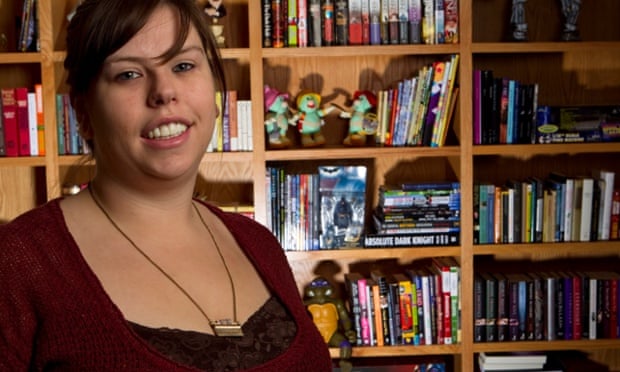For a long time, going the DIY route repelled critics, publishers - and readers. But as its successes accumulate, so the shame falls away

“Sorry – no self-published books accepted.” How many authors have been confronted with those words? I certainly have. It’s a prime example of what has been dubbed the self-publishing stigma. But as the sector grows, shrugging aside suspicion and hostility, will this negative image fall away? Has it already begun to do so?
I jumped into the game in late 2010, when the concept of being an indie author was still relatively new. Like most others at that time, I tottered about, toddler-like, trying to find my way through this new and strange landscape.
It was in these early stages that the first few success stories began to emerge: self-publishers such as Amanda Hocking and John Locke became founder members of what is affectionately called the Kindle Million Club – writers who have shifted seven-figure quantities of ebooks. Self-publishing was spotlit as something not only viable but lucrative. These stories, among others, spurred thousands of authors to join the publishing fray. “No publishers needed!” might as well have been the battle cry.
The brutal truth is that when you can publish anything, people will do exactly that. The market was flooded with indie literature and, sadly, a large percentage of it was substandard. Bad editing, awful covers, and mediocre content were rife. Advice was scarce, the methods many and varied. It was an exciting time, but a muddled one. Just as self-publishing was trying to shrug off the mantle of vanity publishing, it earned itself a new reputation – for low quality. Lo and behold, the self-publishing stigma was born.
More
I jumped into the game in late 2010, when the concept of being an indie author was still relatively new. Like most others at that time, I tottered about, toddler-like, trying to find my way through this new and strange landscape.
It was in these early stages that the first few success stories began to emerge: self-publishers such as Amanda Hocking and John Locke became founder members of what is affectionately called the Kindle Million Club – writers who have shifted seven-figure quantities of ebooks. Self-publishing was spotlit as something not only viable but lucrative. These stories, among others, spurred thousands of authors to join the publishing fray. “No publishers needed!” might as well have been the battle cry.
The brutal truth is that when you can publish anything, people will do exactly that. The market was flooded with indie literature and, sadly, a large percentage of it was substandard. Bad editing, awful covers, and mediocre content were rife. Advice was scarce, the methods many and varied. It was an exciting time, but a muddled one. Just as self-publishing was trying to shrug off the mantle of vanity publishing, it earned itself a new reputation – for low quality. Lo and behold, the self-publishing stigma was born.
More
No comments:
Post a Comment